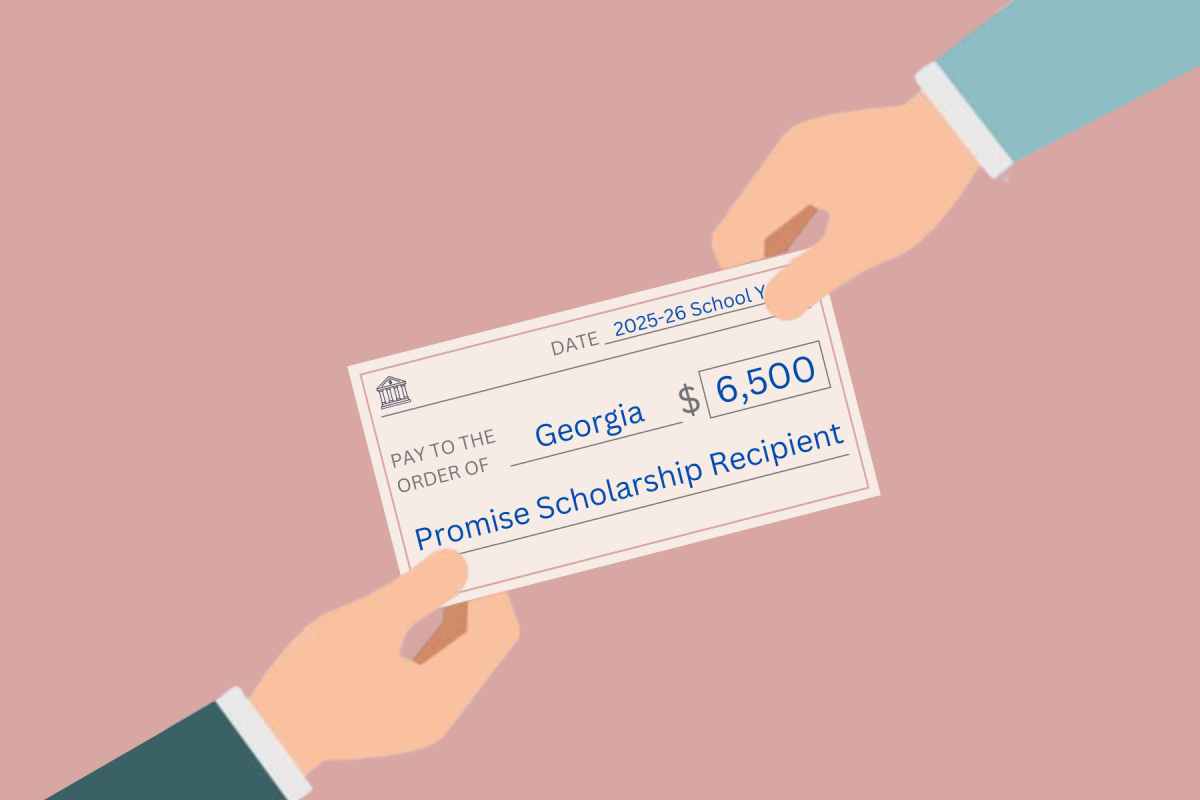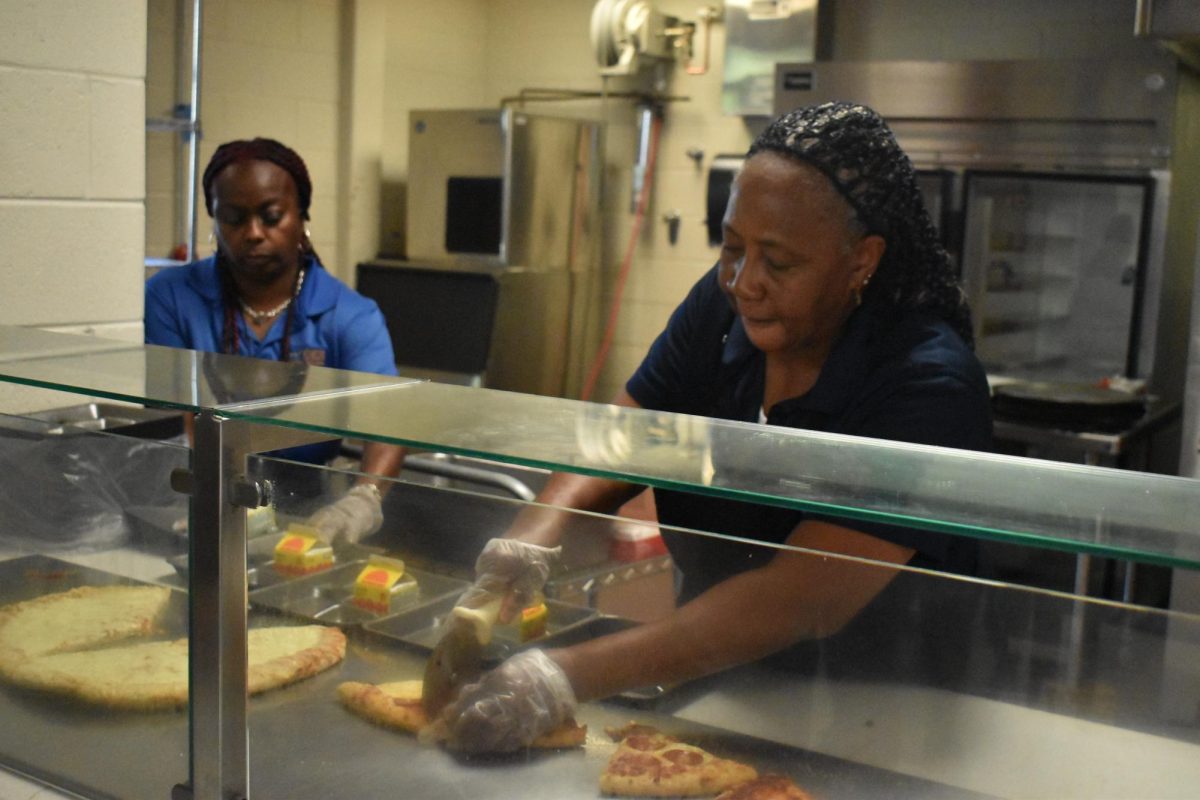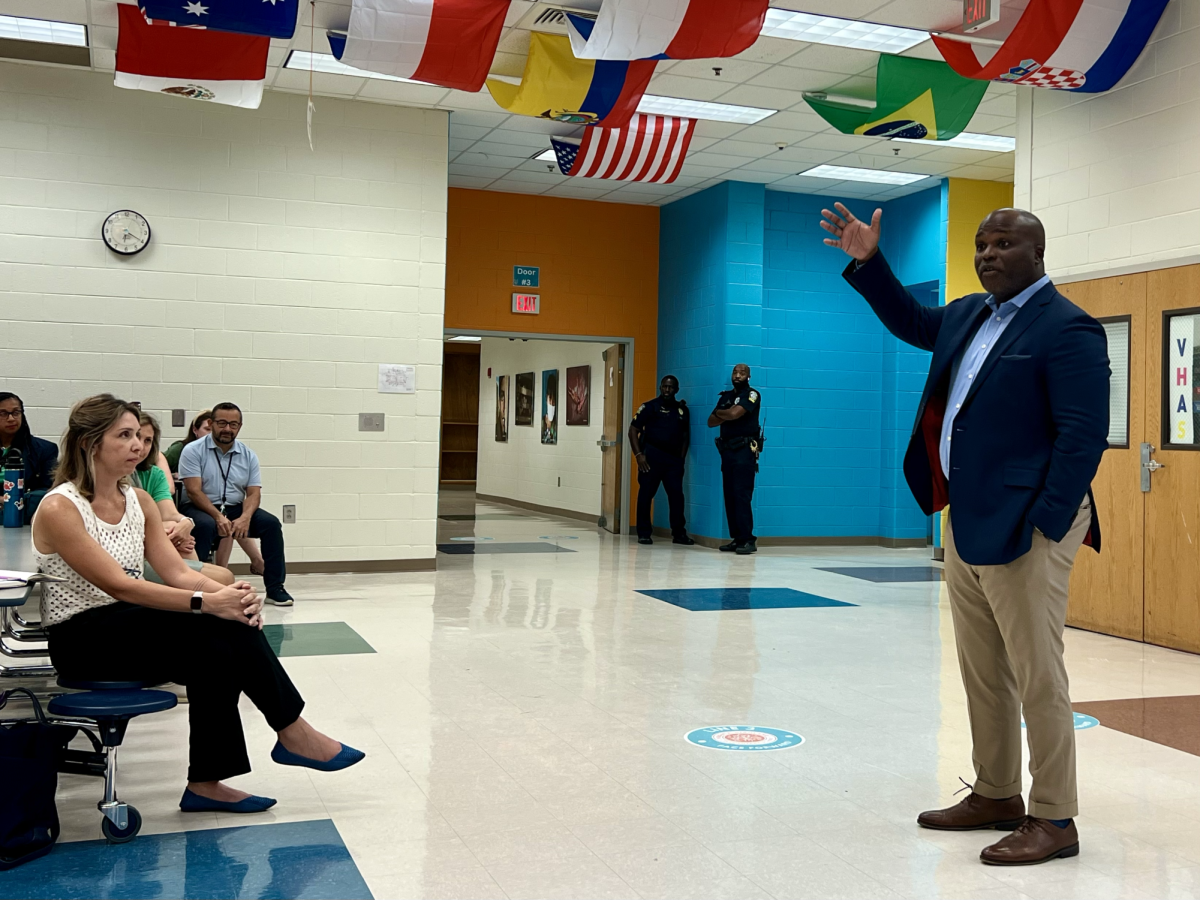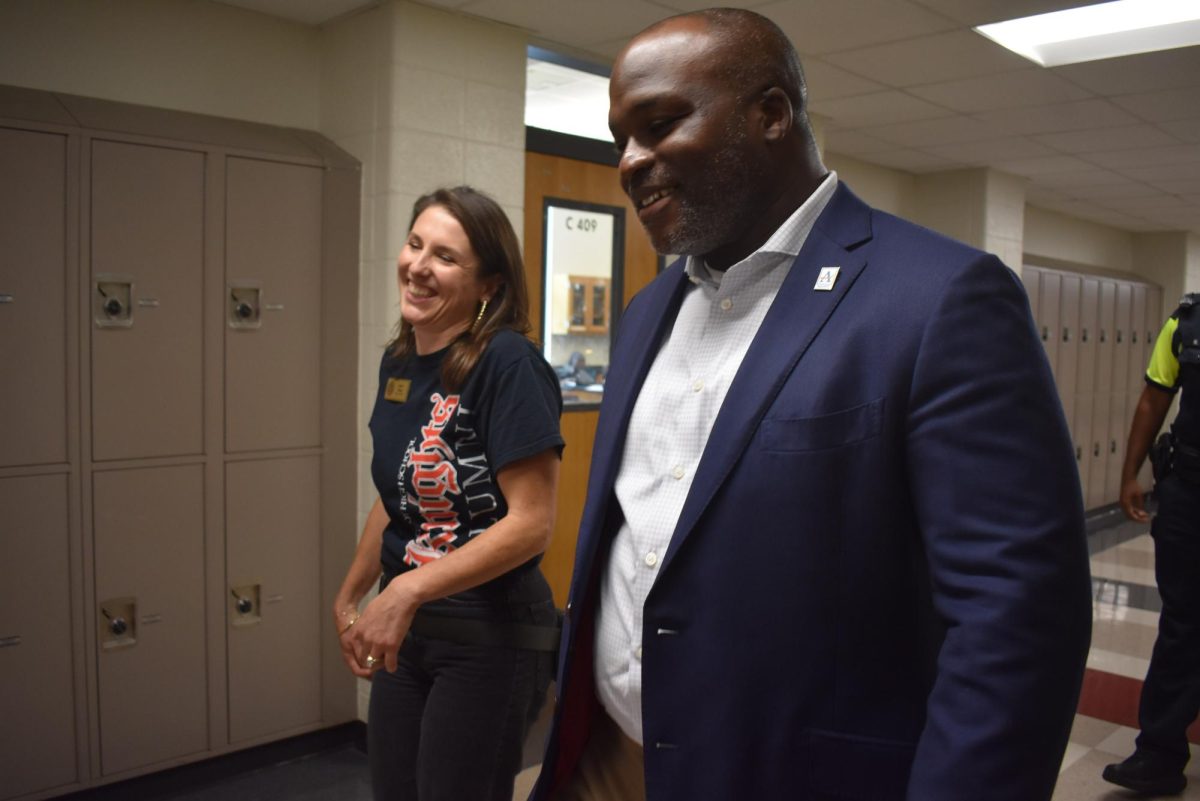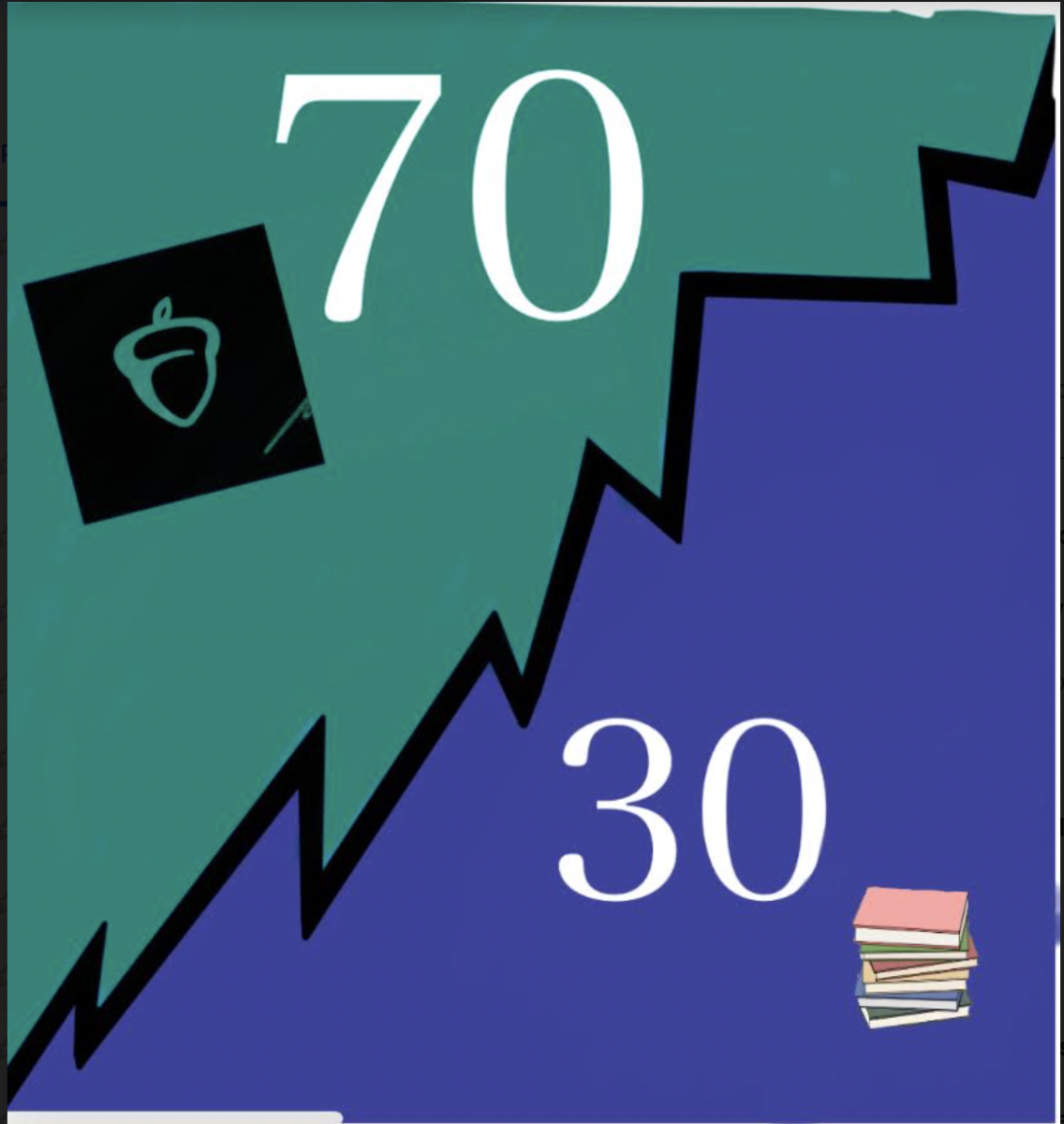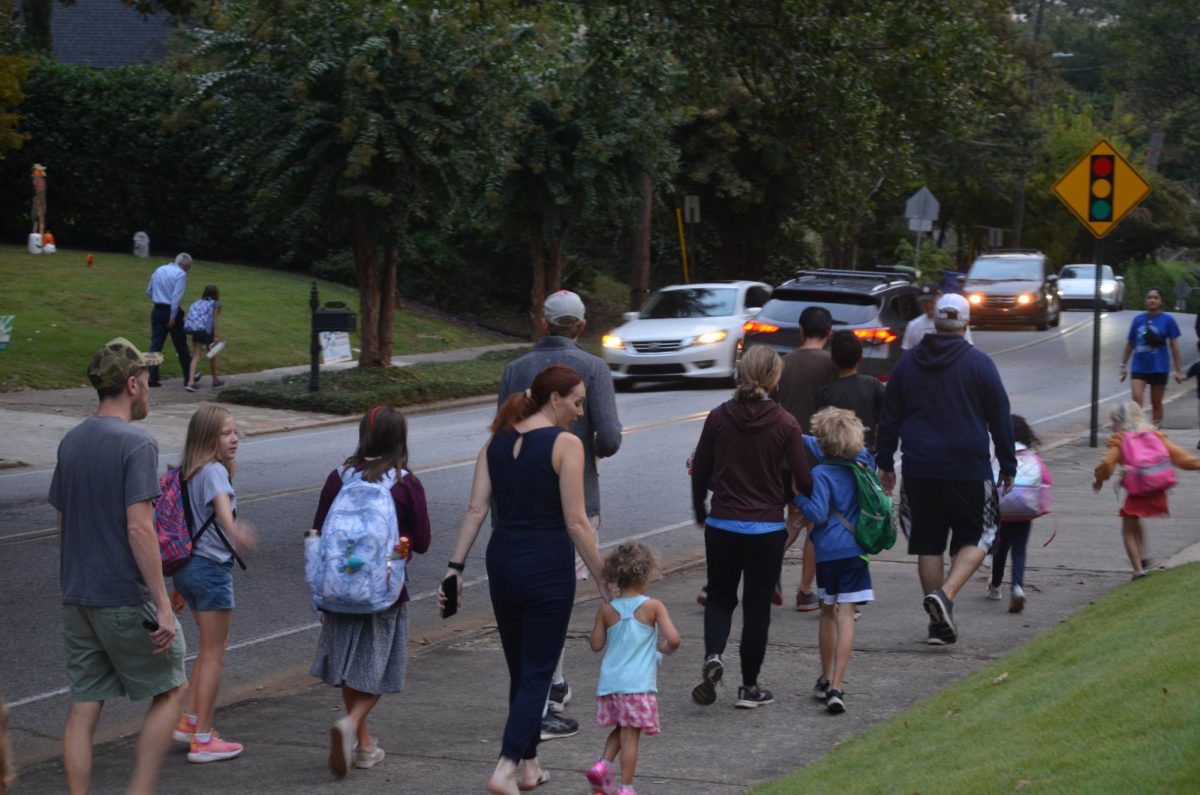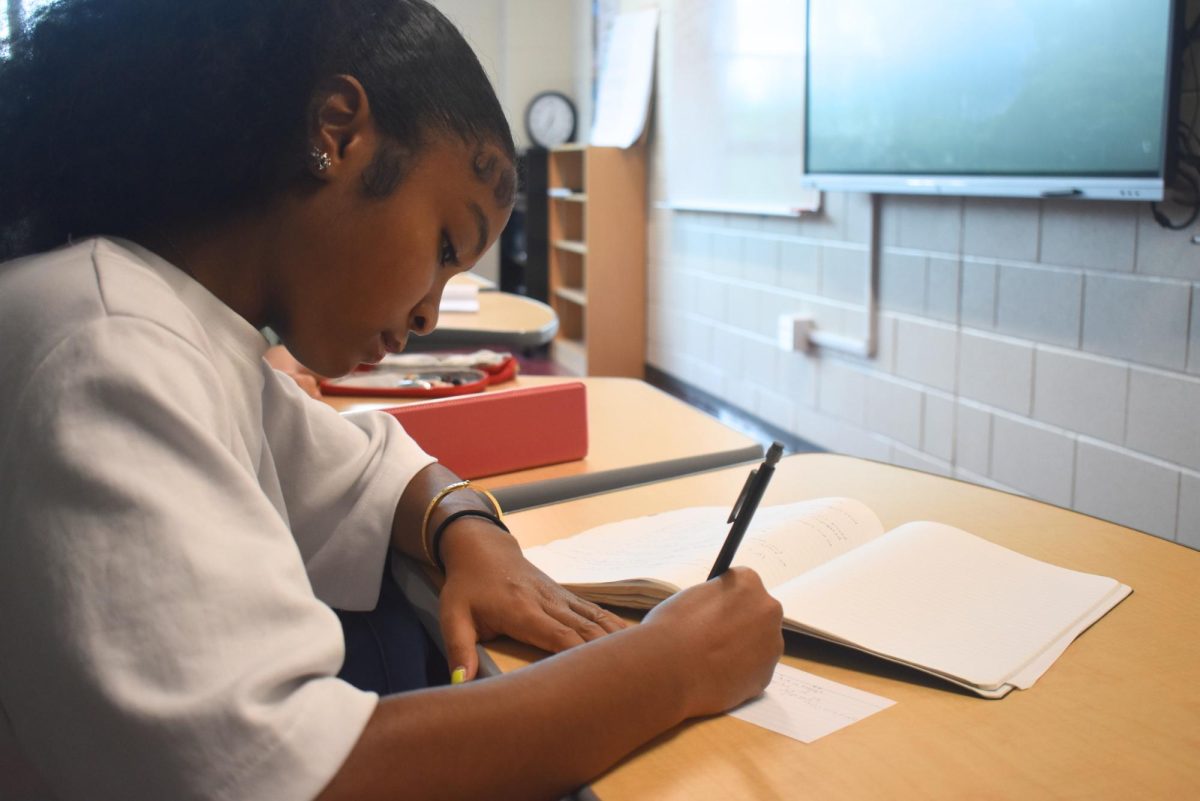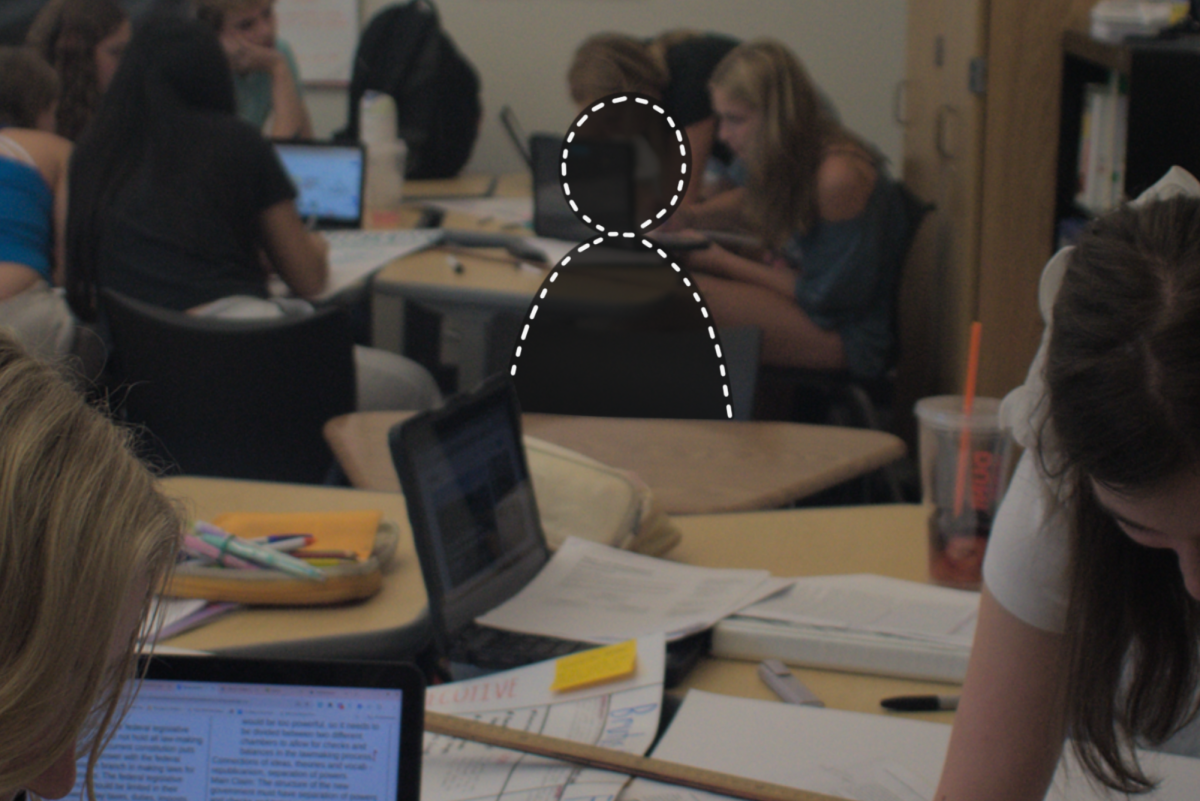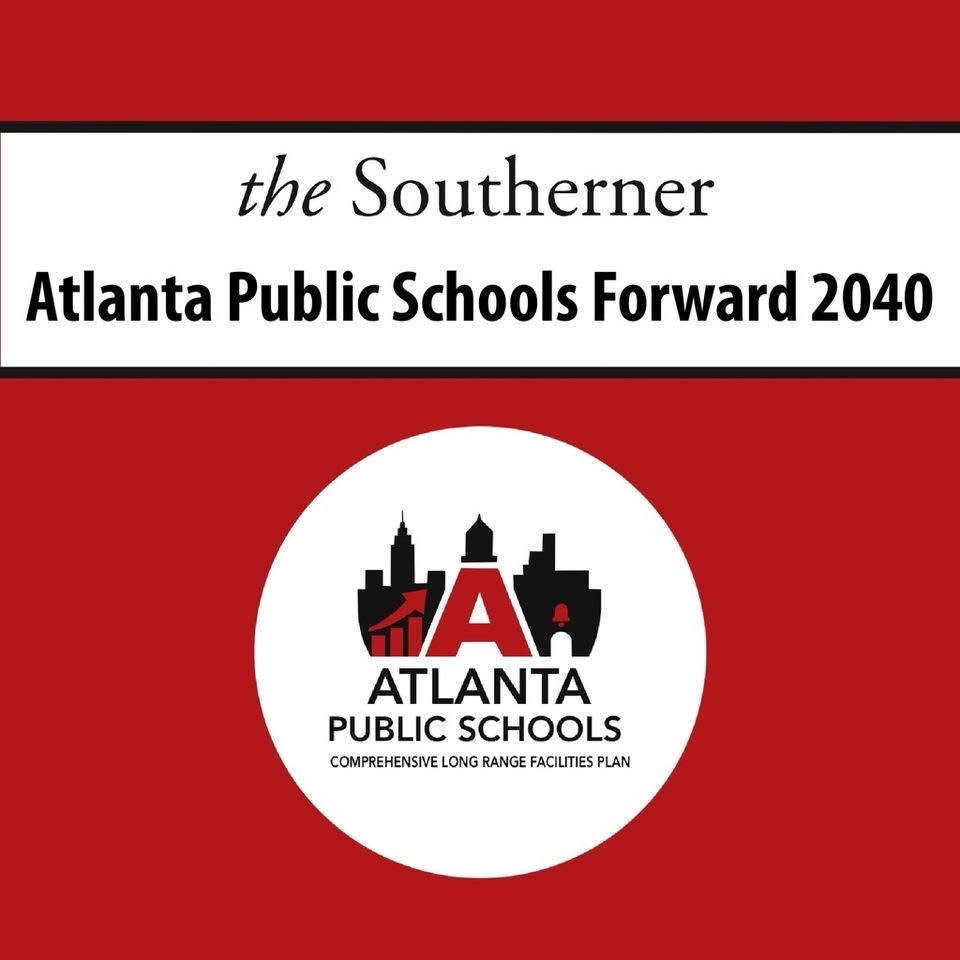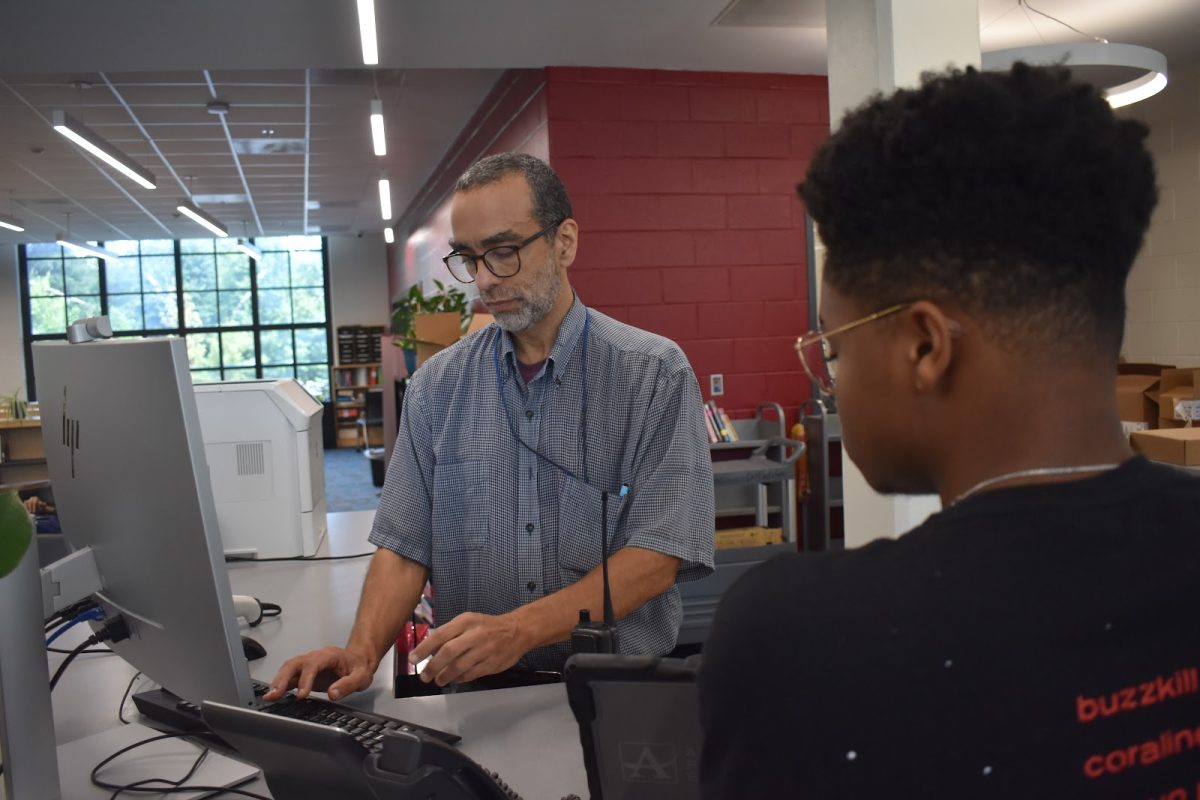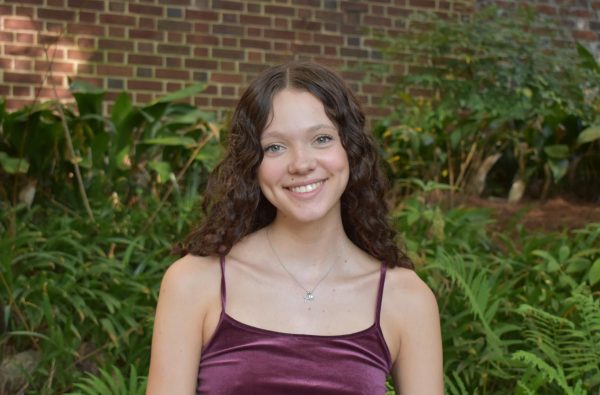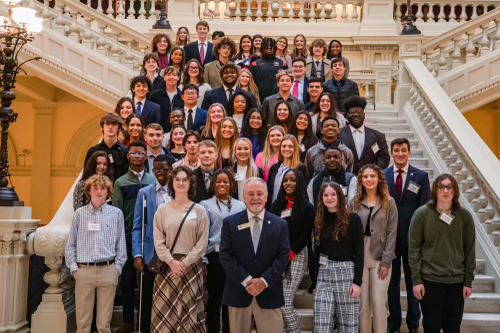
Every year, students from across Georgia are selected for the Student Advisory Council, where they work with the Georgia Department of Education and State School Supt. Richard Woods.
“The Georgia Superintendent Student Advisory Council is a community full of top scholars from schools all around the state,” said Allison Lowry, member of the Student Advisory Council and senior at Carrollton High School. “In addition to bettering our educational system, we are here to represent the students and teachers from our schools, as well as create service opportunities for the community.”
Social studies teacher Jason Slaven believes having a student’s opinion is important when making educational decisions.
“It’s all about buy-in,” Slaven said. “If students are given a voice in the decision-making process, then they are more likely to understand and support the policies that govern the school. This is a strategy that all teachers learn in their education classes in college. Letting students craft policy can also help students take accountability when they break the rules or encourage them to speak out when they see their peers breaking the rules.”
Building on this, Slaven thinks it’s important for students to have a say in influential decisions.
“I always tell my students that you have to be able to see the systems of power before you can attempt to change them,” Slaven said. “Politicians and political leaders can seem like these untouchable figures, but in reality, they are just people. Having a student be in a political position gives them a chance to not only see the systems of power in our government but also help to humanize political leaders.”
The council contains a wide range of people to help solve educational issues that should be addressed. Junior Hannah Silver, the only council representative from Midtown High School, highlights the fact that having a diverse group helps create unique solutions to problems.
“I would say the most significant benefit is when we’re talking about the purpose of the council, which is to give feedback to the state superintendent so that Georgia schools can be made better,” Silver said. “I think it’s great because one, it’s not only seniors, it’s also juniors and some sophomores, so I think you get a good picture of what it’s like for a lot of different grades in high school. On top of that, you get people who care about different things that are lacking in their school systems. Everyone’s able to give direct good feedback to the superintendent and his staff, but it’s not all the same because everyone comes from different places.”
The Council works with both public and charter schools.
“Having different members from around the state helps the Georgia Board of Education see what problems are in certain areas of Georgia, and not only have a public school perception but charter schools, too,” said Hunter MacFarland, member of the Student Advisory Council and senior at Rome High School.
Diversity is imperative to the structure of the Student Council, which is why they choose students from all over Georgia.
“It’s very eye-opening because we have a lot of really unique people amongst us,” Silver said. “Most of the people I’ve met don’t even know what the city of Atlanta truly is because they are never around it. Whereas, for me, I don’t know what the super suburban areas of Georgia are, and it’s been interesting to hear about that from them. We also have people with a wide range of abilities, and there are so many different people on the council who have so many different unique qualities about them. I think that’s something special because everyone plays a ton of different sports and everyone’s involved in their schools but in a ton of different things and some people run non-profits and do really interesting stuff. It’s been cool to hear about that and learn about that.”
MacFarland believes diversity helps the council better understand every person and their background.
“Having a diverse group helps other races, religions and cultures experience what each other goes through at their school and brings ideas to help improve either good or bad situations,” MacFarland said.
While being a member of the council is rewarding, it comes with many different responsibilities.
“Being a member of the Student Advisory Council means that there are a great deal of responsibilities that come with it,” Lowry said. “I have to attend four meetings out of the year and create a service project to present at the final meeting. Until then, we evaluate different aspects of the educational system and come up with ways of improving the curriculum and quality of learning for students.”
For Lowry, the motivation to join the council came from her desire to better her community.
“Usually, the day after a meeting is when I see that I can make a difference using the Student Advisory Council,” Lowry said. “The reason I applied was to become a better classmate and an even better member of a community, which means to be a representative of my classmates and my district. Life at school has been the best it ever has been knowing that I’m working to solve problems that schools across the state often face.”

